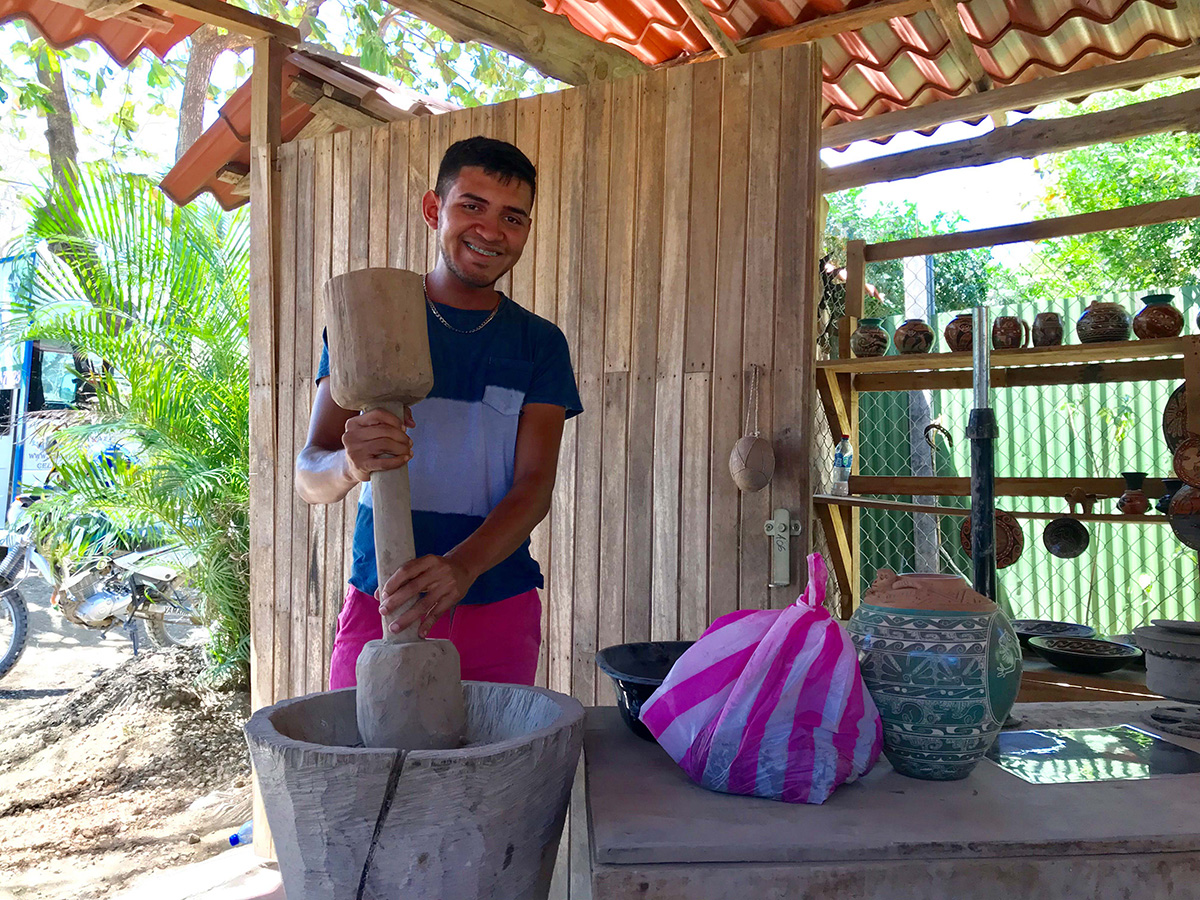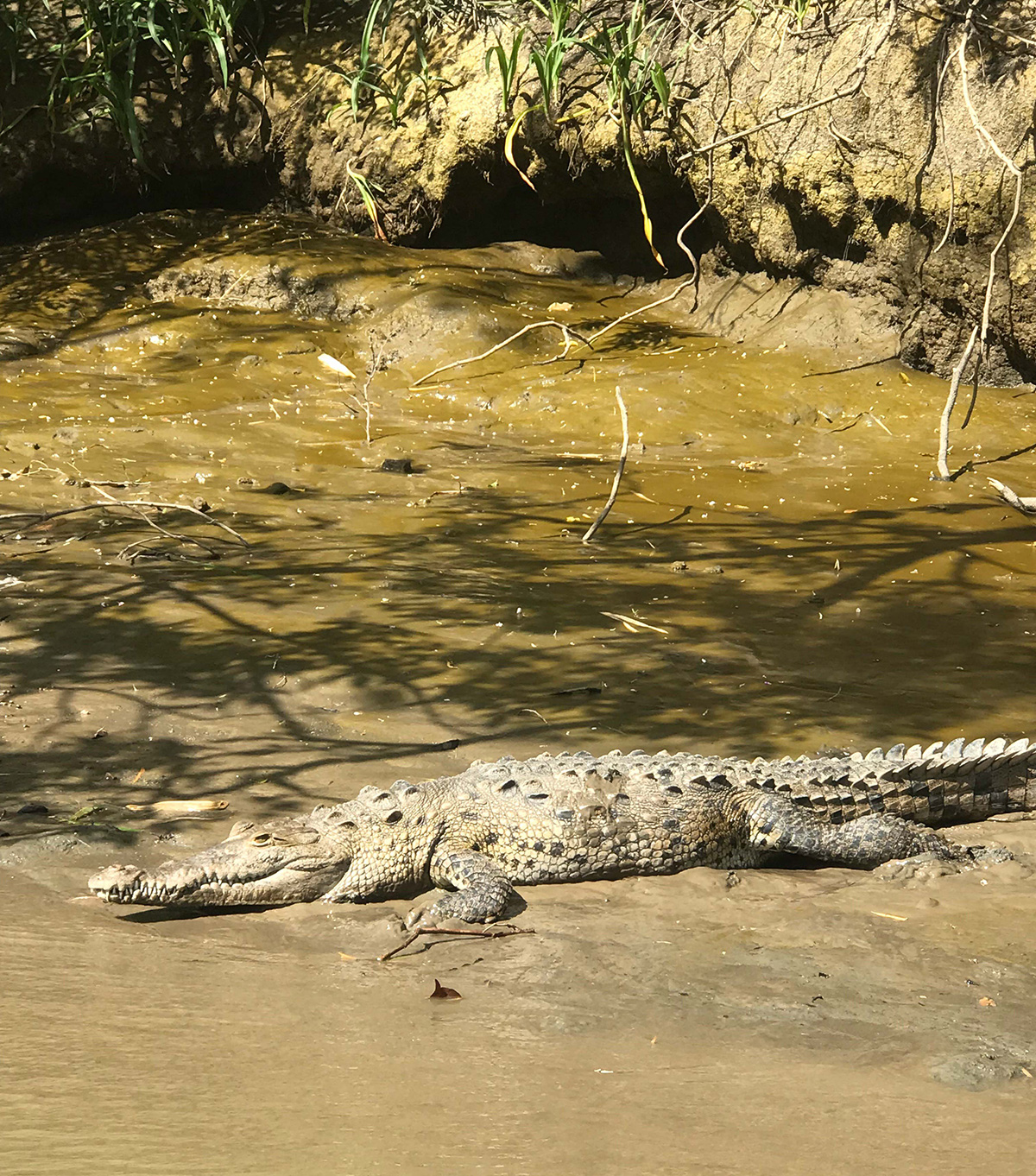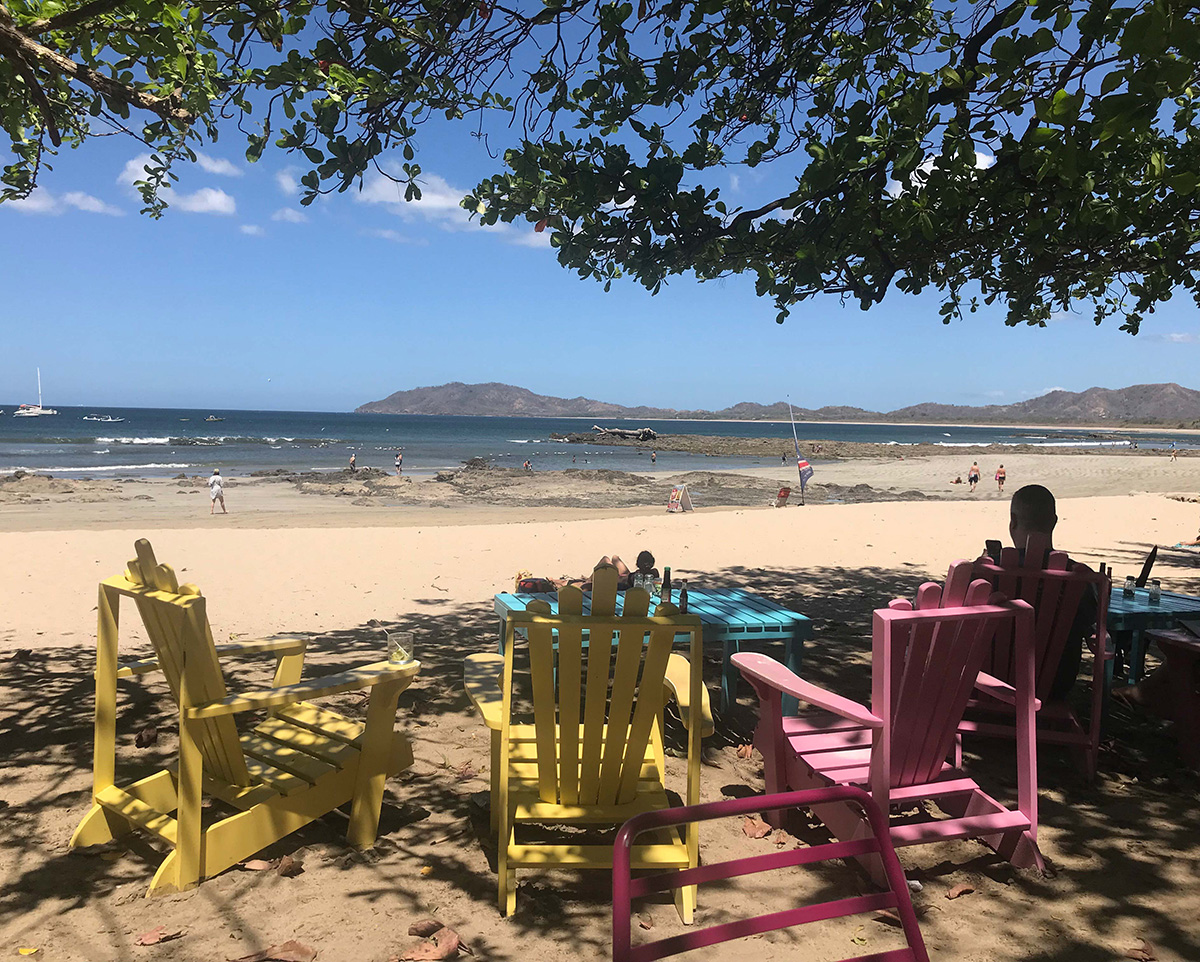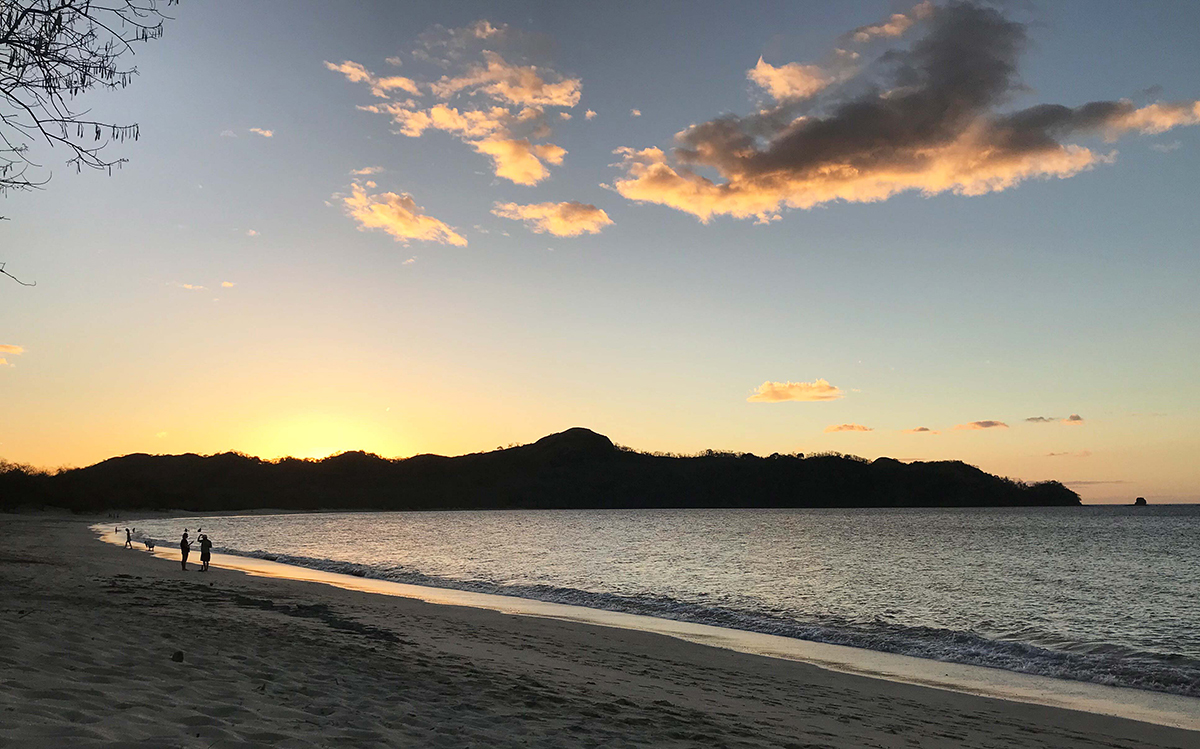I recently returned from a week in Costa Rica, and I brought home some eye-opening knowledge about this Central American wonderland that I want to share.
Much of our time in Costa Rica was spent exploring with guides, who told us beautiful stories about themselves, their families, their work and their country. As a pediatrician and mom, visiting this eco-conscious paradise was fascinating. Here are some facts I learned and observations I made throughout our journey:
- Over 25 percent of Costa Rica is protected as either a national park or wildlife preserve, which is more than any country in the world.
- Costa Rica is home to more than 10 percent of the world’s butterflies, 34,000 insects and thousands of bird and plant species. Everywhere you look and listen, you find nature blazing in all its glory. One man we met said, “We are not wealthy, but we are rich in volcanoes, birds, flowers and happiness.”
- Health care and college tuition are free to all residents.
- Attending medical school is also free, so long as the physicians who earn degrees remain in Costa Rica to work.
- Families with children who are too poor to have a home are provided one by their government.
- Costa Rica has no military. It did away with its military in 1949 and, instead, created a civil police force. The government decided to spend more on education, vowing to “create an army of teachers.” Costa Rica’s literacy rate is 98 percent, one of the highest in the world.
- Most food is fresh, healthy and cooked by hand, allowing flavors to develop slowly. The supermarkets don’t sell many processed foods (aside from some sugary cereals) and fast food doesn’t exist in Costa Rica like it does in America.
- Cell phones are a rare sight. As we drove through the towns, we mostly saw kids playing outside, adults sitting and talking on their porches, and people working and laughing together. During the week, my cell phone didn’t work. That was strange for about a day; but afterwards, it felt incredibly freeing.
- Costa Rican people spend a lot of time together; generations of families often live together and spend much of their time talking, working and doing crafts that are handed down from one generation to the next.
- The average life expectancy in Costa Rica is close to 80 years.
- Costa Ricans are proud of being happy. Their saying “Pura Vida” was explained to me as having many meanings, including happy life, pure life, simple life, and is used in place of “hello,” “goodbye,” and as a motto that summarizes their people’s outlook. Costa Rica is considered one of the happiest countries in the world, mostly because the people who live there don’t stress about things the way most foreigners do. Our tour guide said, “We live simply and happily, and we just help each other.”
During my time in Costa Rica, I was able to slow down, unplug from the hectic world, engage deeply with people, appreciate this beautiful planet and become re-energized with the joy of being happy and content.
We may be rich in America, but there’s a lot we seem to have lost-like how to be happy inside ourselves, how to share happiness unconditionally with others, how to take care of each other and how to live healthy. I hope to take forward with me the “Pura Vida” that I learned from the people of Costa Rica and find ways to express it daily, in my life and in my community.

A young man named Raphael demonstrates how he makes clay and hand-sculpts it into vases

We spotted a 10-foot-long crocodile near our boat during a tour of Palo Verde National Park

Lunch at Nogui’s in Tamarindo

